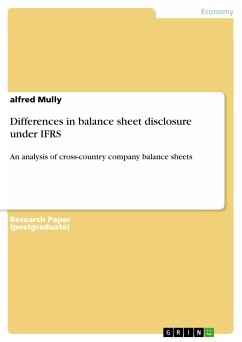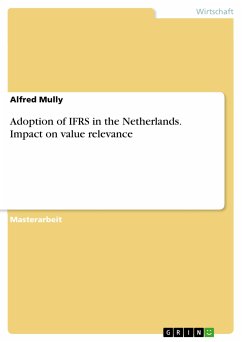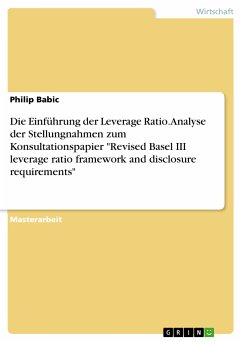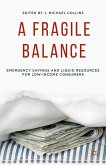Research Paper (postgraduate) from the year 2008 in the subject Business economics - Banking, Stock Exchanges, Insurance, Accounting, grade: A, University of Amsterdam, language: English, abstract: Since January first, 2005, IFRS is mandatory for the financial reporting of all listed companies within the European Union. This is in order to increase comparability, improve transparency and increase the quality of financial reporting (EC Regulation No. 1606/2002). However, although it is the objective of the European Union to become more united, there are significant differences in the backgrounds of the European countries. This research analyzes cross-country differences in disclosure in the balance sheets of companies, based on the level of enforcement, the prior accounting system and the legal system. The sample consists of 170 companies from France, Germany, the Netherlands, Spain and the United Kingdom. The variables are based on the recognition materiality concept and indicate the amount of detail in the disclosure in the balance sheets. The recognition materiality concept provides a limit below which disclosure is considered not material, based on the size and therefore is an indication for the amount of detail. The results indicate that the legal system has the strongest influence on the disclosure in balance sheets. Companies from common law countries provide significant more detailed balance sheet accounts in their annual reports, than companies from code law countries.
Dieser Download kann aus rechtlichen Gründen nur mit Rechnungsadresse in A, B, BG, CY, CZ, D, DK, EW, E, FIN, F, GR, HR, H, IRL, I, LT, L, LR, M, NL, PL, P, R, S, SLO, SK ausgeliefert werden.









